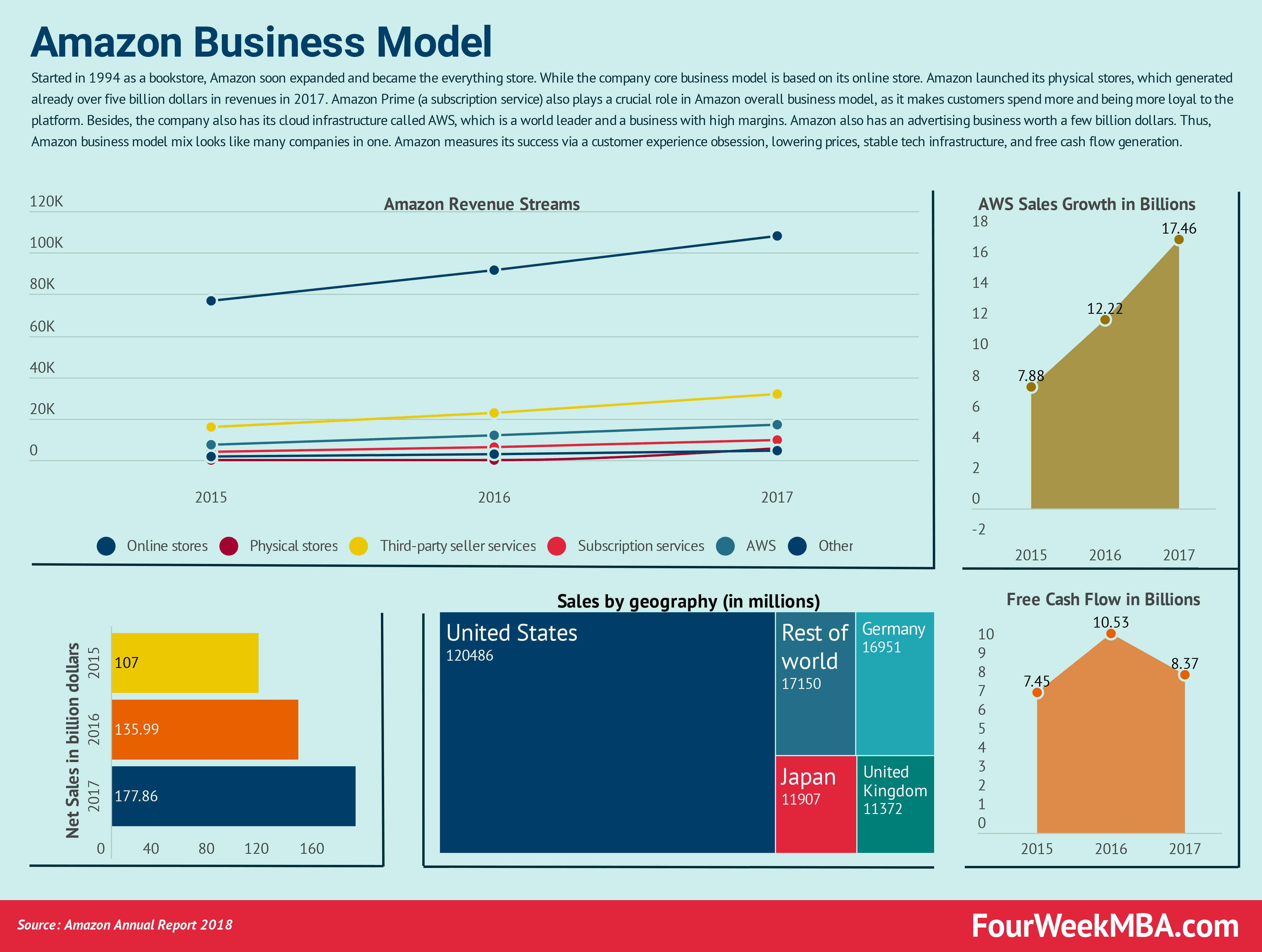
Contents
- 1 The Power of AI in Business
- 1.1 The Importance of a Well-Defined AI Business Strategy
- 1.2 Identifying Key Areas for AI Implementation
- 1.3 Choosing the Right AI Tools and Technologies
- 1.4 Building a Culture of AI Adoption
- 1.5 Ensuring Ethical and Responsible AI Use
- 1.6 Continuous Learning and Adaptation
- 1.7 Measuring Success and ROI
- 1.8 Collaboration and Partnerships
- 1.9 The Future of AI in Business
The Power of AI in Business
Artificial Intelligence (AI) has revolutionized the way businesses operate, providing endless opportunities to streamline processes, enhance customer experiences, and drive growth. With AI becoming increasingly accessible, organizations that embrace this technology are positioned to gain a competitive edge in the market.
The Importance of a Well-Defined AI Business Strategy
Implementing AI without a well-defined strategy is like driving without a destination. To maximize the potential of AI, businesses must have a clear roadmap that aligns with their overall objectives. A robust AI business strategy enables organizations to harness the power of AI effectively and drive innovation.
Identifying Key Areas for AI Implementation
Successful AI implementation starts with identifying key areas within your business where AI can make a significant impact. This could include automating repetitive tasks, improving customer service through chatbots, or analyzing large datasets to uncover valuable insights. By pinpointing these areas, you can strategically deploy AI to drive efficiency and productivity.
Choosing the Right AI Tools and Technologies
With a plethora of AI tools and technologies available, it’s crucial to choose the ones that align with your specific business needs. Whether it’s natural language processing, machine learning, or computer vision, selecting the right AI tools will enable you to optimize operations and make informed decisions.
Building a Culture of AI Adoption
Implementing AI isn’t just about the technology; it’s also about fostering a culture of AI adoption within your organization. This involves educating employees about AI, addressing any concerns or misconceptions, and encouraging them to embrace AI as a tool that enhances their work. A culture of AI adoption empowers employees to leverage AI’s capabilities and drive innovation across the business.
Ensuring Ethical and Responsible AI Use
As AI becomes more prevalent, ensuring ethical and responsible use is paramount. Businesses must establish guidelines and principles to govern AI usage, including data privacy, transparency, and fairness. By incorporating these ethical considerations into your AI strategy, you can build trust with customers, employees, and stakeholders, ultimately fostering long-term success.
Continuous Learning and Adaptation
AI is constantly evolving, and businesses must keep pace with the latest advancements to stay ahead. Incorporating a culture of continuous learning and adaptation into your AI strategy allows you to explore new AI applications, embrace emerging technologies, and adapt your approach as needed. This flexibility ensures that your AI strategy remains relevant and impactful in an ever-changing business landscape.
Measuring Success and ROI
An effective AI business strategy must include methods for measuring success and return on investment (ROI). Establishing key performance indicators (KPIs) allows you to track the impact of AI implementation and make data-driven decisions. By regularly evaluating and analyzing AI’s performance, you can optimize your strategy and ensure that it continues to drive tangible results.
Collaboration and Partnerships
AI implementation often involves collaboration and partnerships with external experts and vendors. By leveraging the expertise of AI specialists, you can accelerate your AI journey and overcome any implementation challenges. Building strong partnerships enhances your ability to leverage cutting-edge AI technologies and stay at the forefront of innovation.
The Future of AI in Business
As AI continues to advance, its potential in business is limitless. By developing a well-defined AI business strategy, organizations can unlock new possibilities, drive efficiency, and gain a competitive advantage. Embracing AI as a core component of your business strategy positions you for success in the age of automation.




